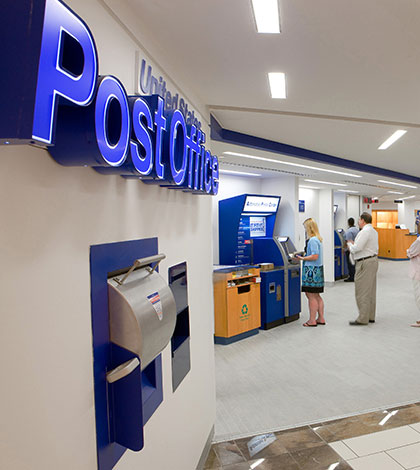Unions take great pride in the benefits they are able to offer their members, for good reason. Great benefits contribute to growth in membership and protect members and their families from exorbitant healthcare costs, which can easily bankrupt families.
Those benefits are paid for in part by members themselves, through their dues, and frequently union members receive better benefits than their nonunion peers. According to the U.S. Bureau of Labor Statistics, 95% of civilian union workers have employer-provided healthcare benefits compared to 68% of nonunion employees.
But those benefits depend on workers’ ability to work and contribute to the union’s health and pension programs. If a union member is unable to work due to a workplace injury, the clock is ticking on resolving their workers’ compensation claim. Union members lose their benefits if they’re not able to resume contributions within three months of filing a claim, and the union may suffer financially when they’re not able to contribute. Neither the union nor the company that employs members wants that outcome, so it’s critical to get them quickly to the care they need and on the road to recovery.
Offer better choices for members
The typical approach to workers’ compensation often is not conducive to quickly getting injured workers healthy and back to work again. The traditional workers’ compensation system, run at the state level, is complicated, broken and full of bureaucratic delays.
Most union members experience difficulty understanding and working within the state system and even locating a provider who is willing to treat work related injuries. This alone will cause delays in finding care, recovery and return to work.
Traditionally, most unions are not involved in the workers’ compensation benefits provided by their contractors and employers. However, there are potentially significant benefits associated with doing so. Unions should consider approaching contractors and or employers and negotiating participation in a managed care program that will assist their members through a work-related injury, in the same way they negotiate and operate their health plans. Such programs can offer a proactive approach to servicing the member following injury, including concierge care coordination that includes scheduling appointments, arranging follow-up care and therapy, benefitting the member, union and employers. A well-run program will provide the member with a high level of service, decrease the cost of workers’ compensation insurance for employers and improve relations between the union and its employers.
A proactive approach to worker injuries
Here in New York, the state permits three great ways to help union members get the care they need and get back to work quickly: our Certified PPO, our Alternative Dispute Resolution (ADR) and Recommendation of Care programs.
In contrast to the typical workers’ compensation process, in which members receive no assistance from their employers or their insurance companies, members with access to our programs are contacted by a care coordinator who will assess their injury together with our clinical team, and then schedule appointments with a panel of highly qualified providers, who understand the importance of a prompt recovery and return to work. Most new patient appointments happen within 48 hours of the injury.
ADR programs are only available to the construction industry and require the member to only access care from in-network providers for the life of their claim. The Certified PPO program obligates union members to use in network providers for the first 30 days of care. After that, they are free to seek care from any provider they choose. However, if they do opt to leave the program after 30 days, they lose the opportunity to seek assistance from the care coordinator, nurse, grievance coordinator and program medical director. Most union members enjoy receiving that level of service and remain in the program. In a recent case study, only 2% of members with access to our Certified PPO opted out of the program.
Similarly, our Recommendation of Care program is an ideal alternative to the Certified PPO. Union members who have the option of accessing these services do so on a voluntary basis. They can either accept the call form the care coordinator or not, but most will, as it will be the only entity offering them assistance through the complex state system.
“Many union members who hire lawyers after a workplace injury do it because their employer doesn’t have a proactive plan that helps them get the care and attention they need the day of the injury,” said Joe Morrone Jr., vice president of labor relations and business development with MagnaCare. “Our programs convey the message to members that their employer and union have negotiated these benefits to provide better care for them so they can get back to work sooner.”
No one wants a worker to be injured on the job but when it happens, this is where the focus should be: getting them the care they need and back to work as quickly as possible.
My MagnaCare colleagues and I have been working with union management to improve the workers’ compensation experience and outcomes for members for over 30 years. If you’d like to learn more, please contact info@magnacare.com.



